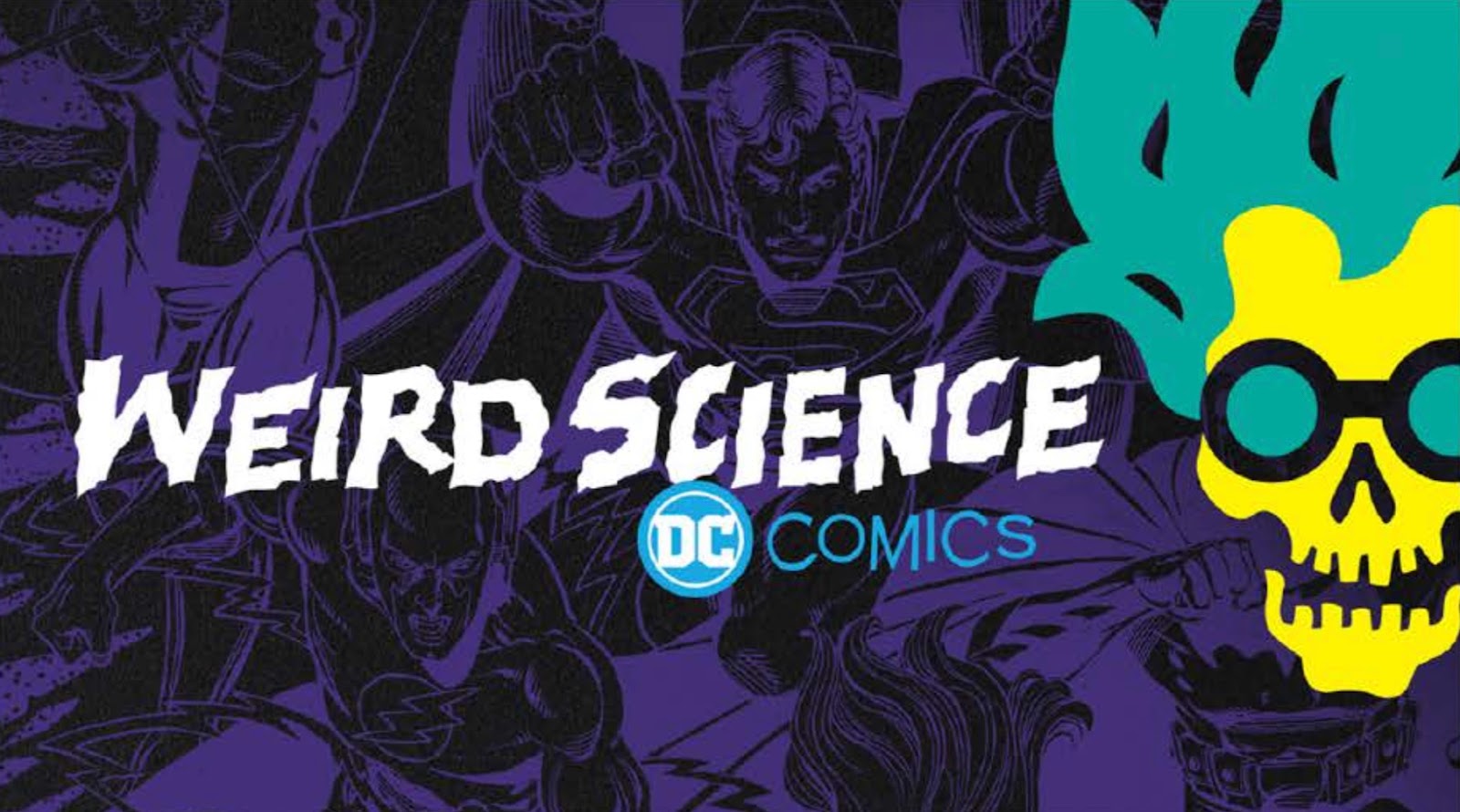Winning and Losing

Written by: Neil Gaiman and P Craig Russell
Art by: P Craig Russell, Scott Hampton and Colleen Doran
Letters by: Rick Parker
Published by: Dark Horse Comics
Price: $3.99
Well, this is good. After two issues of slow burn and a third issue that was much more promising, it feels like this series is finally hitting its stride. Last issue, if you remember, ended with Shadow being invited to play checkers with a retired slaughterhouse worker who was really the Slavic god Czernobog. As issue endings go, it’s not exactly rip-roaring stuff, but if you’ve read enough fantasy – or folklore, to be fair – you won’t be at all surprised to find that wagers are made very early on in this game and that things turn out both well and badly for our main character. Nor is the game the only interesting thing to happen this issue. Throw in Colleen ‘A Distant Soil’ Doran into the mix for this issue’s back-up and you’ve got a pretty mouth-watering proposition. Let’s taste and see what our creators have lined up for us…
Like, I would imagine, most people, I was first introduced to checkers as a kid. I used to play the game with my grandfather and, like, I would imagine, most grandfathers, he let me win with such a degree of regularity that I ended up failing to appreciate the game. Ah, well. At the start of this issue, Shadow is up against an opponent who is nowhere near as generous. In fact, with an obscene amount of relish, Czernobog proposes a wager. And things get tense. What has been, up to now, a somewhat flat, almost sedentary tale becomes suffused with a sense of danger that is rather compelling. Wednesday’s warning is the clincher here. If even he is worried about Czernobog’s wager (if Shadow loses, Czernobog gets to bash his brains out with his sledgehammer), then the reader should be, too. And this reader, at any rate, is.
After Shadow duly wins the second game by playing in a reckless, unpredictable manner (if this isn’t a recognized fantasy trope, it should be), everyone retires for a bland dinner which is followed by an enigmatic but rather affecting conversation between Shadow and Zorya, the third of the sister goddesses who, up to now, has been sleeping. Again, the creative team do a rather fine job here. Zorya is presented as a luminous, silvery character; her conversation is focused on the stars, and a poetic, mythic explanation of her and her sisters’ function in Slavic mythology. It’s a beautiful, unhurried piece of writing and ends with Zorya giving Shadow the moon in the form of a coin. Awesome stuff.
Colleen Doran is exactly the kind of artist a Gaiman story about an 18th century Cornish immigrant’s life needs. In this issue’s ‘Coming To America’ story, she manages to combine a rich level of detail with clean lines that could have come out of an Edwardian book of fairy tales. Her heroine, Essie, is beautiful and capricious, tragic but scheming, and her men are, on the whole, coldly handsome as befits Gaiman’s incident-packed biography. For Essie is a girl for whom her youthfulness and femininity are both an asset and a curse. She is not above using both to get out of tricky situations; at the same time, though, she does find love when, eventually, she ends up in the new world, settles down and starts a family.
Gaiman offers no judgement here. Her life is what it is. At times, she is unjustly treated; at others, she turns situations to her advantage. Her ‘gods’ are the Cornish pixies (or ‘piskies’) for whom she leaves each night a saucer of creamy milk outside the kitchen door. The last two pages of the story deal with her finally coming face to face with a ‘pisky’ whom she credits for both the good and bad fortune she’s experienced throughout her life. Finally at peace with what she’s experienced, she takes his hand and is found dead a few hours by her family.
Bits and Pieces:
This was an impressive issue on a couple of levels. The checkers game is appropriately tense; the meeting between Zorya and Shadow mysterious. The back-up, however, is simply beautiful and transforms the issue from being merely good to being excellent. Highly recommended.
8.5/10





No comments:
Post a Comment